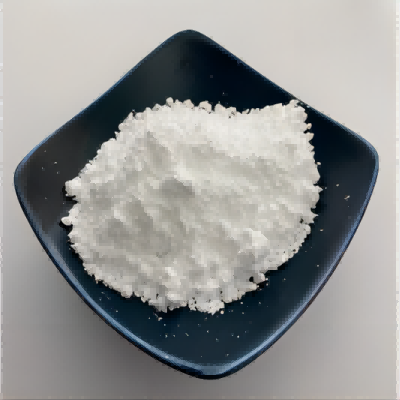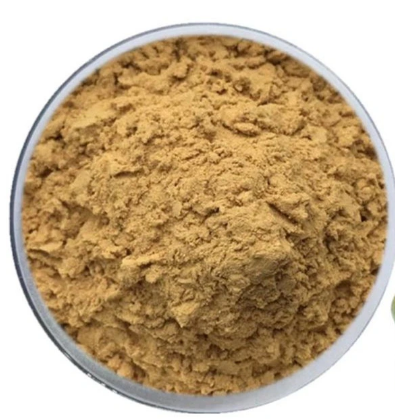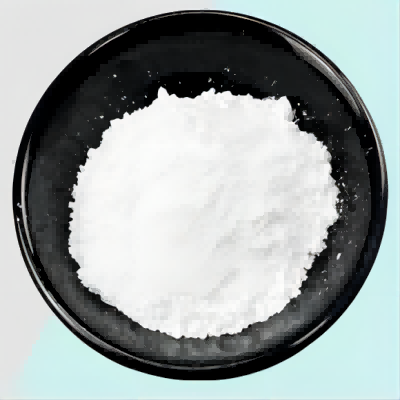CARBONYL CYANIDE3-CHLOROPHENYLHYDRAZONE CAS:555-60-2
Carbonyl cyanide 3-chlorophenylhydrazone (CCCP) has diverse applications in biochemical research, particularly in the study of mitochondrial dynamics and energy metabolism. Here are some key uses: Mitochondrial Function Studies: CCCP is widely used to investigate mitochondrial bioenergetics by uncoupling oxidative phosphorylation. Researchers can measure oxygen consumption rates (OCR) and assess mitochondrial membrane potential (ΔΨm) to understand how mitochondria respond to various stimuli or pathological conditions. Metabolic Research: CCCP helps elucidate cellular metabolism by allowing scientists to manipulate ATP production and observe how cells adapt their metabolic pathways. By inducing a state of uncoupling, researchers can study shifts from oxidative phosphorylation to glycolysis, offering insights into conditions such as metabolic syndrome and cancer. Drug Screening and Development: In pharmaceutical research, CCCP is employed to evaluate the effects of drug candidates on mitochondrial function. By assessing how compounds influence mitochondrial respiration and energy production, researchers can identify potential therapeutic agents that target mitochondrial dysfunction associated with various diseases. Cancer Metabolism Studies: CCCP is utilized to explore metabolic reprogramming in cancer cells, which often rely on altered energy production mechanisms compared to normal cells. By uncoupling ATP generation, researchers can assess how tumors adapt their metabolism to support rapid growth and survival, potentially identifying novel therapeutic targets. Physiological Experiments: CCCP can simulate metabolic stress, such as during exercise or hypoxia, enabling researchers to study cellular responses under these conditions. This can provide valuable information about adaptive mechanisms and resilience in different tissues. Toxicology Assessment: The compound is also used in toxicological studies to assess the impact of environmental toxins or drugs on mitochondrial function. By examining how these substances affect mitochondrial integrity and performance, researchers can better understand their potential harmful effects on cellular health. Overall, Carbonyl cyanide 3-chlorophenylhydrazone serves as a crucial tool in studying mitochondrial biology and metabolism. Its ability to uncouple oxidative phosphorylation offers significant insights into various physiological and pathological processes, enhancing our understanding of energy dynamics within cells and contributing to advancements in medical research and therapy development.



| Composition | C9H5ClN4 |
| Assay | 99% |
| Appearance | white powder |
| CAS No. | 555-60-2 |
| Packing | Small and bulk |
| Shelf Life | 2 years |
| Storage | Store in cool and dry area |
| Certification | ISO. |









